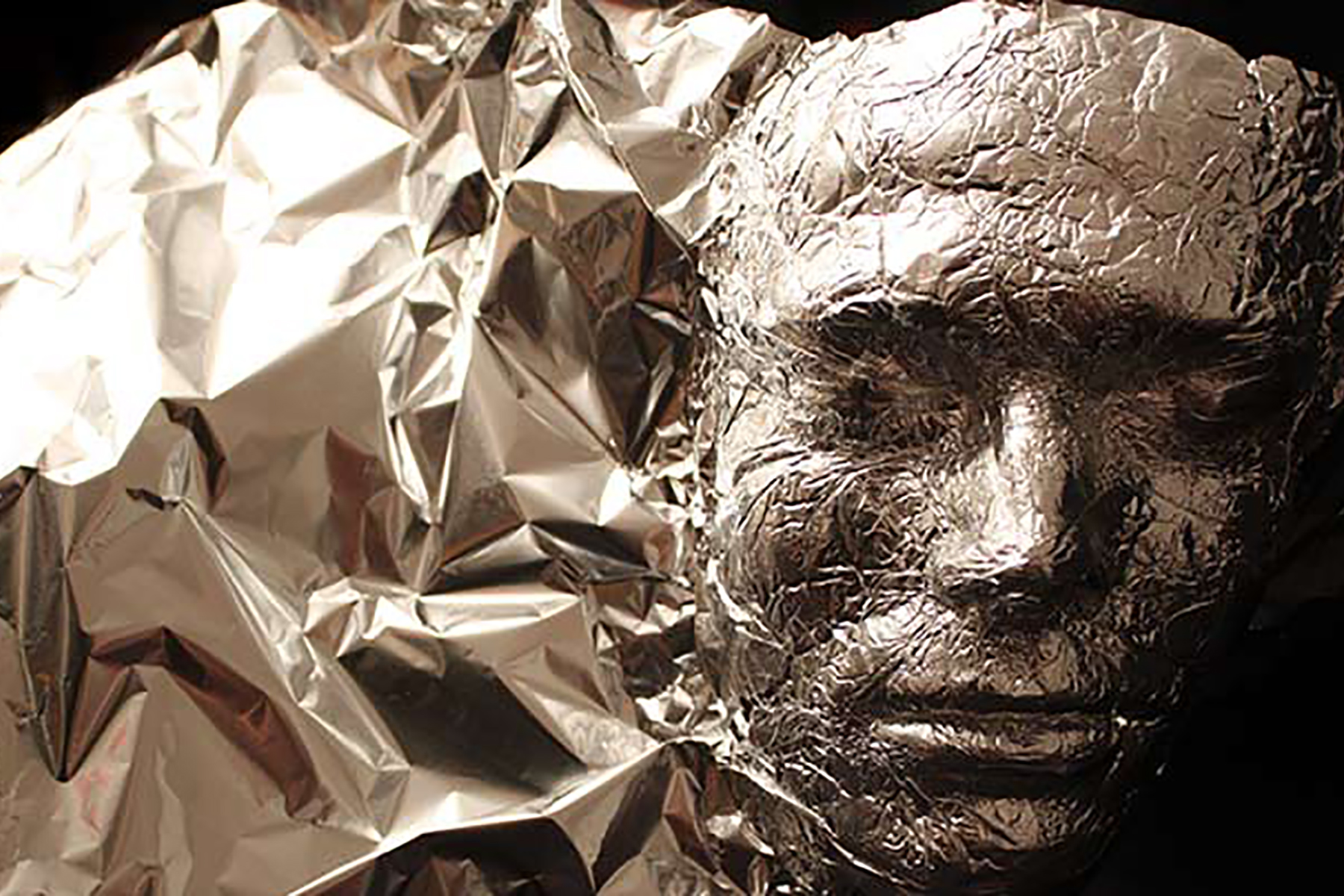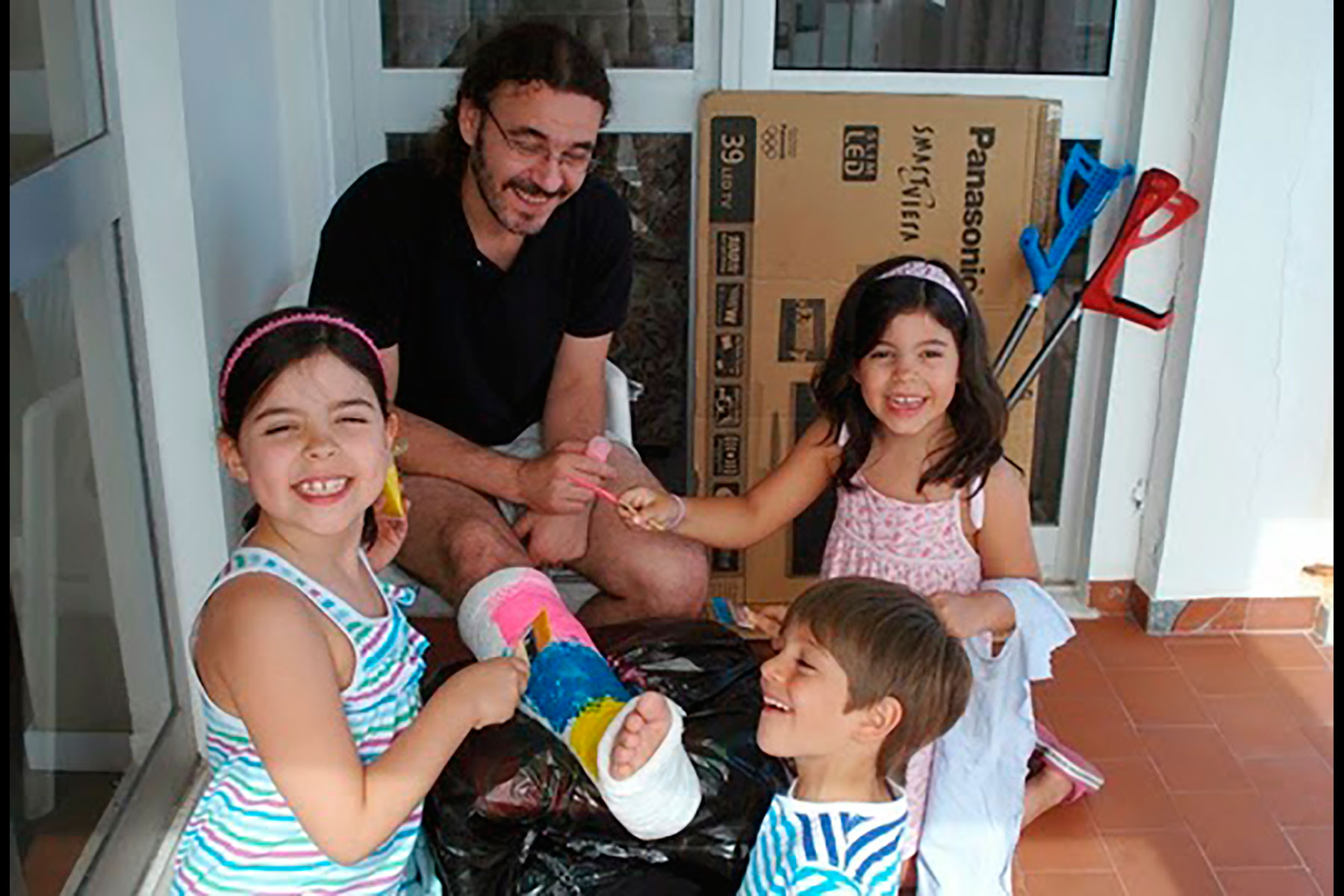Tag: Empathy
Make It Touchable, Belarmino Said

“What motivates people?” – I was asked in a recent interview. The question reminds me of a story back when I worked in prisons. My colleagues and I had been asked to do a mini workshop with the inmates about identity and self-perception.
The key to motivation is to find the right reasons for someone to want to do something.
How on earth were we going to get prisoners engaged in a mandatory session on identity and perception?? I remember we were in the prison’s community area, brainstorming on how we could pull this off, when one of the senior guards said:
“Don’t sweat it. If they don’t want to do something, they won’t. And there’s nothing you can do about it.” His intention wasn’t to discourage us, rather to warn us not to get our hopes up high. It didn’t work – we did get our hopes up!
I remember us thinking: “Okay, so if what this man is saying is true, all we have to do is get the prisoners to want to do the workshop.” We realized that they would do anything we asked them to do, as long as we found a way for them to want to do it.
In fact, this became a guiding principle for our activities during the years we worked with inmates. And we did accomplished some cool stuff, such as plays, holiday parties, gastronomic events, even a meditation retreat!
If you want to motivate someone, make it touchable.
Appeal to their interests, not yours; their values, not yours.
On that particular occasion, we asked an actor friend, Belarmino, to help us. He suggested: “Let’s make it touchable”. So he asked the inmates to take turns in pairs in placing a sheet of tinfoil on each other’s face and to gently mold a mask.
Belarmino asked each one if they recognized themselves in the mask and contrasted their opinion with comments from the group. Et voilà! – thirty inmates having a philosophical conversation about self-perception and identity. Impressive!
We then formed a circle and passed a broomstick around. Everyone pretended it was a different object and the group guessed what it was. This way Belarmino conveyed the idea that when we change our actions, the way others perceive us also changes. Effective and fun!
To this day, when I think of motivation, I remember Belarmino: “Make it touchable!” To make people do things is not to motivate them. That’s to force them. To motivate is to find a way for them to want to do it. And if you can do that… they’ll do anything for you!
Do you know someone who could benefit from Belarmino’s inspiration? Share his story!
Do Your Requests Inspire Trust?

Have you noticed how some people tend to always get what they ask for at work: a raise, time off, more time, change in plans, etc.? And what’s more, everyone seems delighted to attend to their requests. What’s their secret?
You might remember when you were little, grownups requesting the magic “P” word when you asked for something: “What do you say?” And then we’d say: “Can I… PLEASE?” Demands and requests were clearly differentiated by the “P” word.
Intended or not, the effects of this practice reach beyond good manners. It taps into how our brains are wired: When a person hears your petition as a request, she feels the power to contribute to your wellbeing. If she willingly does so, she will feel satisfaction.
People who don’t care how their requests are received instill distrust and have a hard time getting what they want.
When a request is heard as a demand, it feels like an imposition. This leads either to rejection or submission, both harboring feelings of resentment, anger or other nasty things that can pop up in the future to bite us.
In a grownups’ world, where roles aren’t always clearly defined, requests and demands can look a lot alike. A simple “please” might no longer do the trick:
“Hey Jeff, I want that budget by the end of the day please.” “Kate, please send me the report now, got it?” Are these requests or demands? What counts is how the person hears your request. It’s what makes the difference to get what you want.
You get what you want when you voice your needs in a way that others hear them as requests, not demands.
Three things you can do to assure your requests are heard as such: Prepare to hear “no”. Ask the person to tell you what she just heard you say. And promise yourself not to engage in persuasion until you’ve understood the person’s explanation.
This has an incredible effect: it shows you care about that person’s needs, not just your request. She will feel this. This generates trust, a new opening to express your request.
It’s funny: you get what you request by being prepared not to get it! Another option is not care, but that brings us to square one: demands. And we know how that ends, right?
39 Days, 11 Hours And 30 Minutes Of Bandage

On June 29th at 10:30 pm, while I was out enjoying an evening jog, I tripped and broke the 5th metatarsus (the main bone of the pinky) of my right foot. On August 8th at 10:00 am the cast was removed.
That’s a photo of my nephews painting my cast.
The following are some of the things I learnt during those 39 days, 11 hours and 30 minutes.
1. Not getting in the way already great help
Performing everyday activities took a little longer and was a bit more complex to carry out. In practice, this often meant it was harder for those around me to go about performing their own everyday activities.
Using a cast helped me learn to consider beforehand whether I would be of greater help staying out of the way instead of getting in the middle and making things messier. Often, the best way to help was just not getting in the way.
I extend this to other areas of life. Though I may want to lend a helping hand with my advice or expertise, it is wise to first ask whether this will actually make things better. At times, staying still or silent is the best option.
2. Accepting dependence is tough
I also got used to the idea that some things I would just not be able to do on my own. For ex., I could not walk around with our daughter, Irene. For five weeks, I was a “sitting daddy” and relied on others to attend to many of Irene’s needs.
Life is a circle of interdependence: though autonomous, we rely on others and the services they provide for large amounts of our happiness.
3. Accepting restriction is also tough
Not being able to take a walk, run, swim or shower normally were tough for me. I even had dreams where I’d be walking and then noticed in shock that I still had the cast and shouldn’t be putting my foot on the ground.
One the principles we use in my conflict resolution seminars is that a conflict with no solution is a solved conflict. Accepting my limitations proved to be a challenge. Once accomplished, it’s also a blessing.
4. Non-empathetic remarks are scary
It wasn’t on purpose. In fact, they were not even aware of it. But the truth is that, in an attempt to be sympathetic, some people would tell me their own stories of broken bones. And they didn’t spare the dramatic details:
“My cousin broke his foot and had a cast for THREE months!!”, “I also broke my foot and it never really healed. It gets sore when I run and hurts on rainy days.”, “Be careful with the doc’s advice. Sometimes it makes things worse!”
My experience tells me it is not empathetic to share your ”horror” story with someone who is going through one of their own. They don’t need to hear the ups and downs of your experience. It doesn’t help cope.
5. Vulnerability introduced me to nice people
On the other hand, people were very kind. Just an example, when my wife, Claudia, Irene and I travelled on vacation, we anticipated a stressful and rough ride. Not true.
The services for passengers with mobility constraints were great. At every airport, we were assisted with great effectiveness and extreme kindness, at no extra cost. I take this opportunity to express our gratitude to all those who helped us.
A cast taught me that vulnerability can bring out the best in those around us.
6. Love makes loved ones endure
Another aspect was that my wife had extra work on her hands. As the days went by, I could see the fatigue growing, and an increasing effort was required to endure. But she endured. And then she endured some more. My love for her has grown.
I am fortunate to have seen that love fuels faith and strength in tough times.
7. Life withers and dies when trapped
Finally, the day I had the cast removed I noticed that my right leg was very thin. Even some of the hair on my leg had died (of asphyxiation?) and fallen off.
This made me think about how we, as humans, are not built to be trapped. Whether a relationship, the past, a job or even a dream, whatever imprisons us, weaken us and eventually kills the life in us.
My foot is almost fully functional and the vacation will soon be over. So expect to hear more from me from now on. 🙂
If Ever There’s A Purpose

Who am I? And why am I here? These are questions, specialists say, that assist us in the process of creating our identities. These questions have entertained a great part of my youth and adult life.
My quest to answer them, which somehow always seems to have a sequel, has been intense, exciting and at times unpredicted. Funny enough, meaningful results have come not by way of books or theories, rather by way of experiences and people.
The stories and relationships of life have helped me understand that:
For what matters, we get to choose who we want to be.
And a universal purpose, if there is one, might just be to be together.
If you live in those parts of the planet where August means vacation, you might be enjoying a few days of rest. Out here in sunny southern Spain, my wife and I enjoy the company of unique friends who dedicate themselves to a “universal” purpose.
For them, home is a distinct place called Murtra Galilea, a resort like compound for retreat and tranquility. The purpose you breathe here is rather palpable: kindness.
Here, it quickly becomes obvious that people were made to be kind, to extend warmth, to intensely enjoy the experience of being nice. It’s a wonderful feeling and I wanted to share it.
Kindness, if ever there’s a universal purpose!

